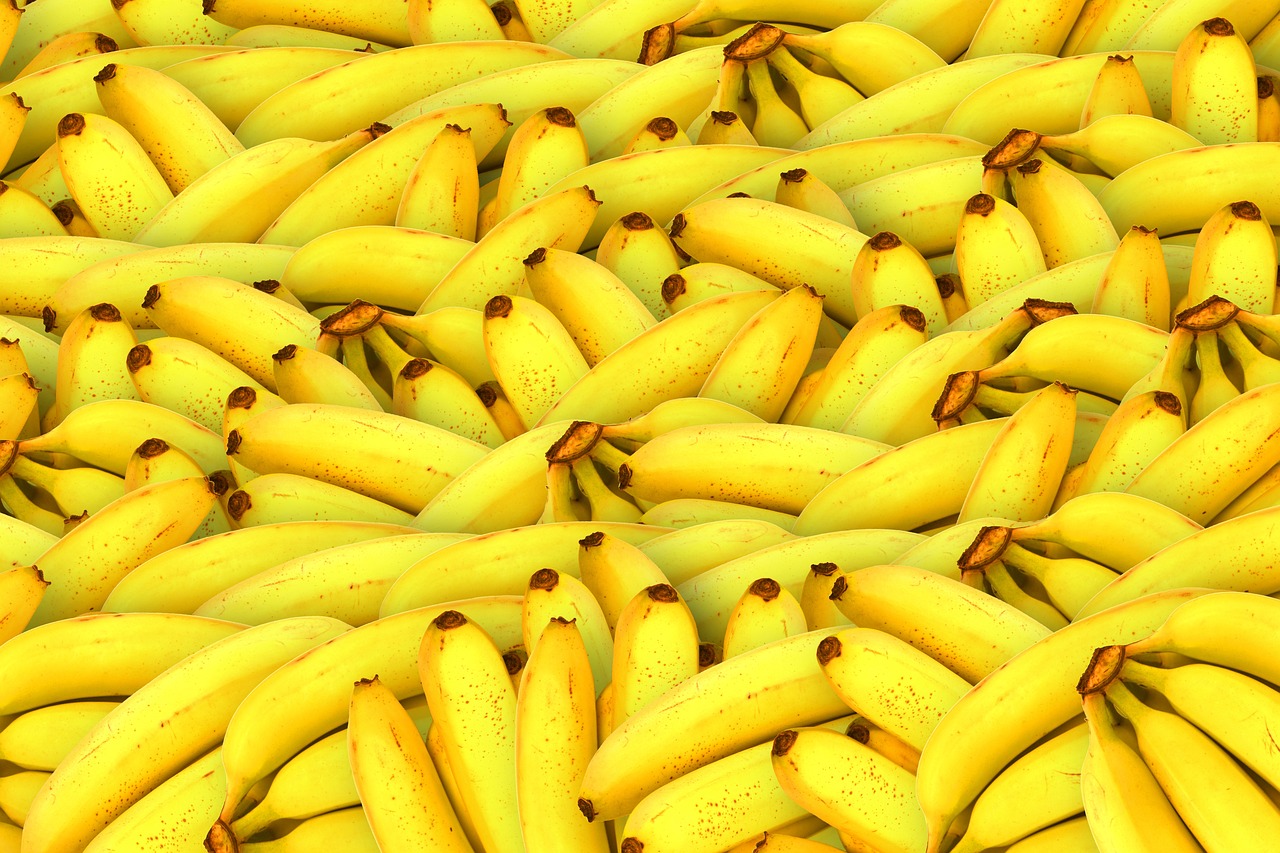Potassium rich bananas are very easy to have daily in a healthy diet with several benefits they offer.
They originally came from Malaysia and are now grown all over the tropical and sub-tropical parts of the world.
Banana Facts:
• Main banana producers are India, China, Philippines, Brazil and Ecuador.
• Banana is a basic food in some tropical countries.
• Bananas keep ripening even after they are picked.
• They grow on the world’s biggest herb-plant Musa Sapientum.
• The word ‘banan’ is Arabic for finger.
• Approximately 35,000 bananas are eaten by players, linesmen and ball boys and girls at Wimbledon Tennis Tournament.
• Eating two bananas gives you enough energy to see you through a strenuous 90-minute gym workout.
• Bananas are much cheaper and healthier than processed bars. They are fat , cholesterol and sodium free.
Banana Nutrition Facts and Health Benefits:
• Bananas may help to lose the risk of heart disease as they are high in fiber.
• Vitamin B6 helps with brain function and energy conversion.
• They may provide protection from stomach ulcers.
• High potassium content in bananas can help prevent high blood pressure and heart complications and stroke. Potassium also helps in brain, muscle tissue and kidney health.
• Fiber and protease inhibitors in bananas help with digestive health.
• Potassium deficiency syndromes include fatigue, muscle cramping, weak muscles, bad headaches and high blood pressure.
• Banana is recommended for people with diarrhoea.
Banana Glycemic Index:
The riper the banana, the higher its glycemic index. Banana has a low to medium GI value and medium glycemic load value. It is one of the higher glycemic fruits although much lower than dried fruits, but they should be added daily into a balanced diet for their amazing nutritional value.
Banana Serving and Storage:
• Bananas are very fragile and you need to be careful in storing them, they are best ripened in room temperature.
• Don’t leave the unripe bananas in fridge, ripening will stop and it won’t be able to resume the ripening when returned to room temperature.
• You may freeze bananas- pureed or peeled and wrapped in a plastic wrap, add some lemon juice to maintain the colour.
• Best to eat unripe bananas cooked as they may cause bad indigestion.
• Try adding sliced bananas to yogurt or cereal.
• Banana, milk, vanilla, ice cubes and honey is all you need to make a tasty smoothie.
The Author:
Please see Banana Nutrition Facts article for more information.
